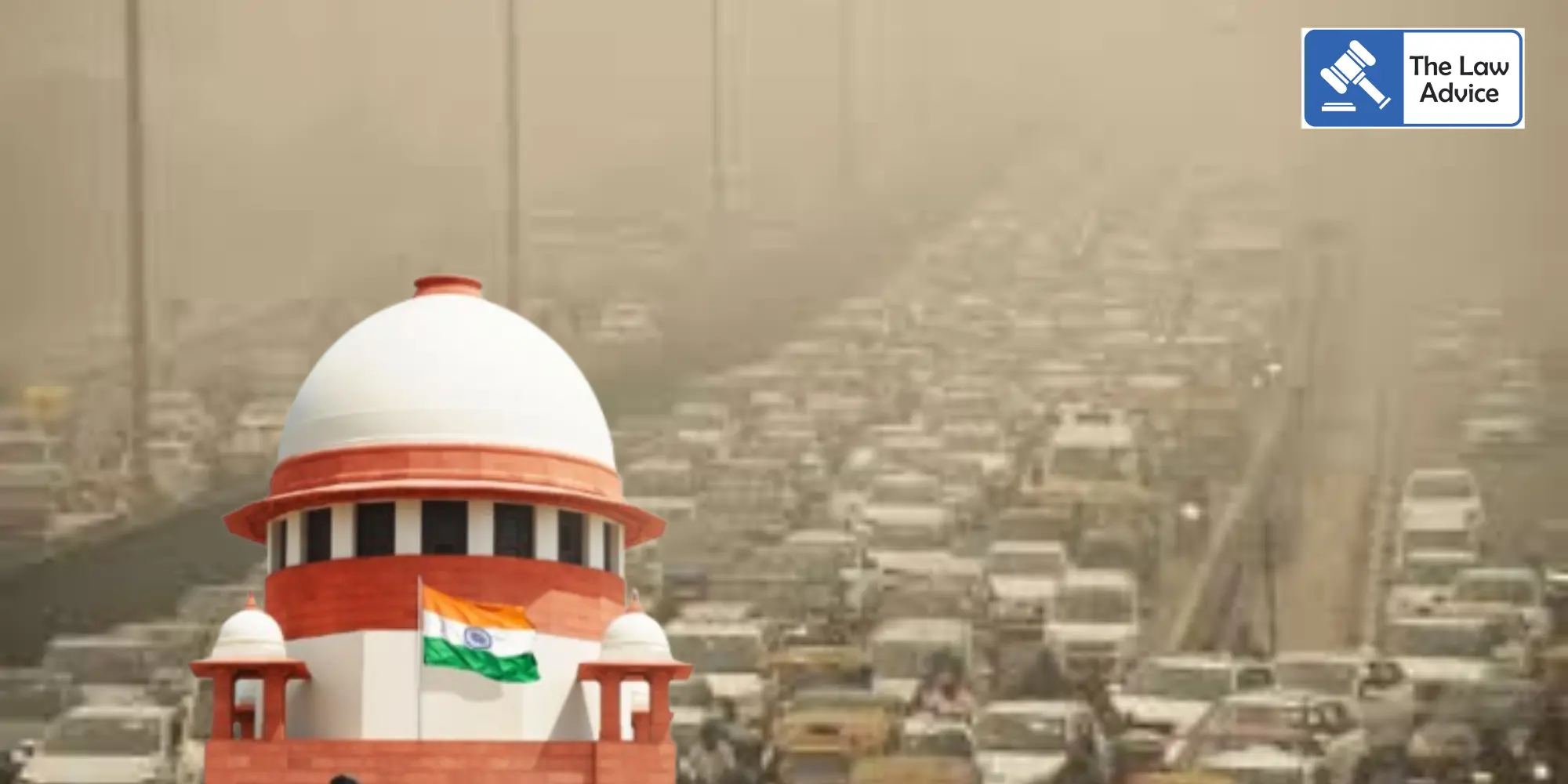A public interest litigation has been moved before the Supreme Court seeking immediate intervention to tackle the escalating air pollution levels across India.
The PIL has been filed by Luke Christopher Countinho, wellness ambassador associated with the Prime Minister’s ‘Fit India Movement’. Describing the situation as a “public health emergency”, the petitioner submits that toxic air now affects citizens across metropolitan cities as well as rural belts.
Despite an elaborate legal and policy framework, the petitioner submits, the ambient air quality in large parts of India continues to remain poor and, in several regions, has critically deteriorated. Invoking the right to life and health under Article 21, he has sought directions to the Union and State authorities to implement effective and enforceable pollution control mechanisms.
The plea underscores that annual average concentrations of pollutants like PM₂.₅ and PM₁₀ have consistently exceeded permissible levels under the National Ambient Air Quality Standards (NAAQS), 2009. While the approved annual limit for PM₂.₅ is 40 μg/m³ and for PM₁₀ is 60 μg/m³, Delhi averages around 105 μg/m³ (PM₂.₅), Lucknow around 90 μg/m³, and Kolkata around 33 μg/m³.
Further, the petition notes that Indian permissible limits are already far more lenient than the World Health Organization’s 2021 guidelines, which recommend 5 μg/m³ for PM₂.₅ and 15 μg/m³ for PM₁₀. Thus, cities like Delhi, Patna, Lucknow, and others are recording pollutant levels 10–20 times above WHO’s safe standards, posing severe risks of respiratory, cardiac, neurological and developmental disorders.
Calling the governmental response “fragmented, delayed and largely symbolic”, the PIL argues that 1.4 billion people are compelled to breathe hazardous air daily. It further points out that air quality monitoring remains inadequate, especially in rural and industrial areas, leading to significant “data-blind spots” where the worst-affected populations remain unaccounted for.
The petition states that despite schemes such as the National Clean Air Programme (NCAP), targets have largely remained unmet. Out of 130 cities classified under NCAP, only 25 have achieved a 40% reduction in PM₁₀ levels, while several others have recorded an increase.
The plea also highlights that enforcement under the Air (Prevention and Control of Pollution) Act, 1981 has weakened over time, leading to widespread violation of vehicular and industrial emission norms, without significant penal action. Even emergency mechanisms such as GRAP are often triggered only after pollution reaches “severe-plus” levels.
Reliefs sought include:
1. Declaration of air pollution as a National Public Health Emergency, and formulation of a time-bound National Action Plan;
2. Granting statutory and enforceable status to NCAP targets, with clear timelines and penalties;
3. Constitution of a National Task Force on Air Quality and Health with independent experts;
4. Urgent steps to reduce stubble burning through incentives and in-situ residue management;
5. Phasing out high-emission vehicles, strengthening public transport and e-mobility infrastructure;
6. Strict enforcement of industrial emission standards, mandatory CEMS, and public disclosure of emission data.
The petition is filed through Advocate-on-Record Rooh-e-Hina Dua.
Case Title: Luke Christopher Countinho v. Union of India & Ors., W.P.(C) No. 1059/2025
